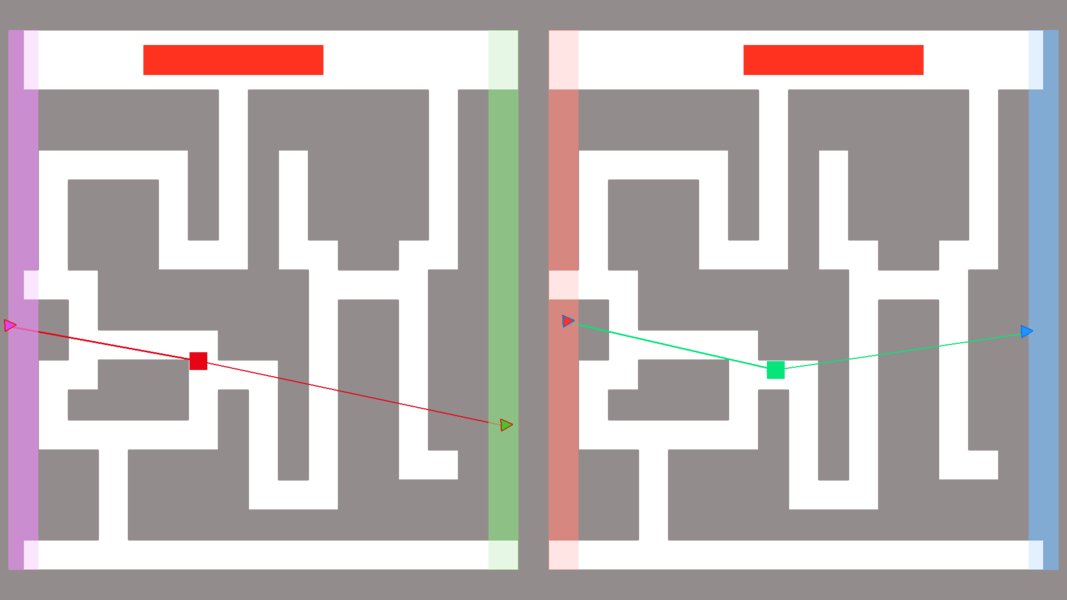Building a minigame
My favorite part of this project has to be just how simple and quick it is to get a new minigame up and running. Each minigame consists of 3 scenes, instructions, main, and gameover. Instructions and gameover are made using a helper function, and you simply supply some text and an image and they are set.
Main is where things get interesting. Here all you have to do is add some objects (Their behavior is already all set to go), including some extra behavior through the update delegate if you need it. This will be about 20 lines for a very complex game. After that you add a win condition into the minigames update method, and you are set. You have a complete minigame! At the current point in the project this framework has really taken form, and I am hoping to start pumping out minigames over the course of this next semester.


